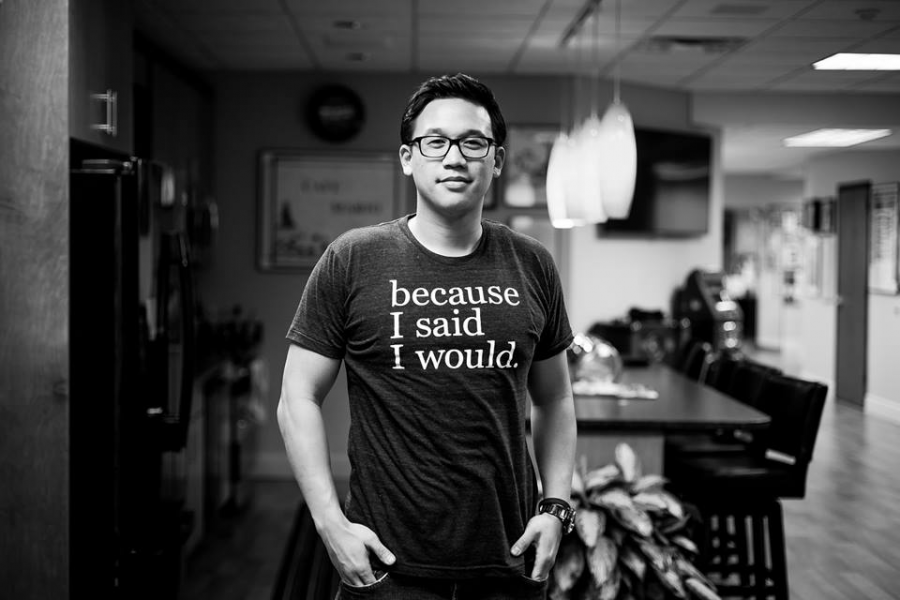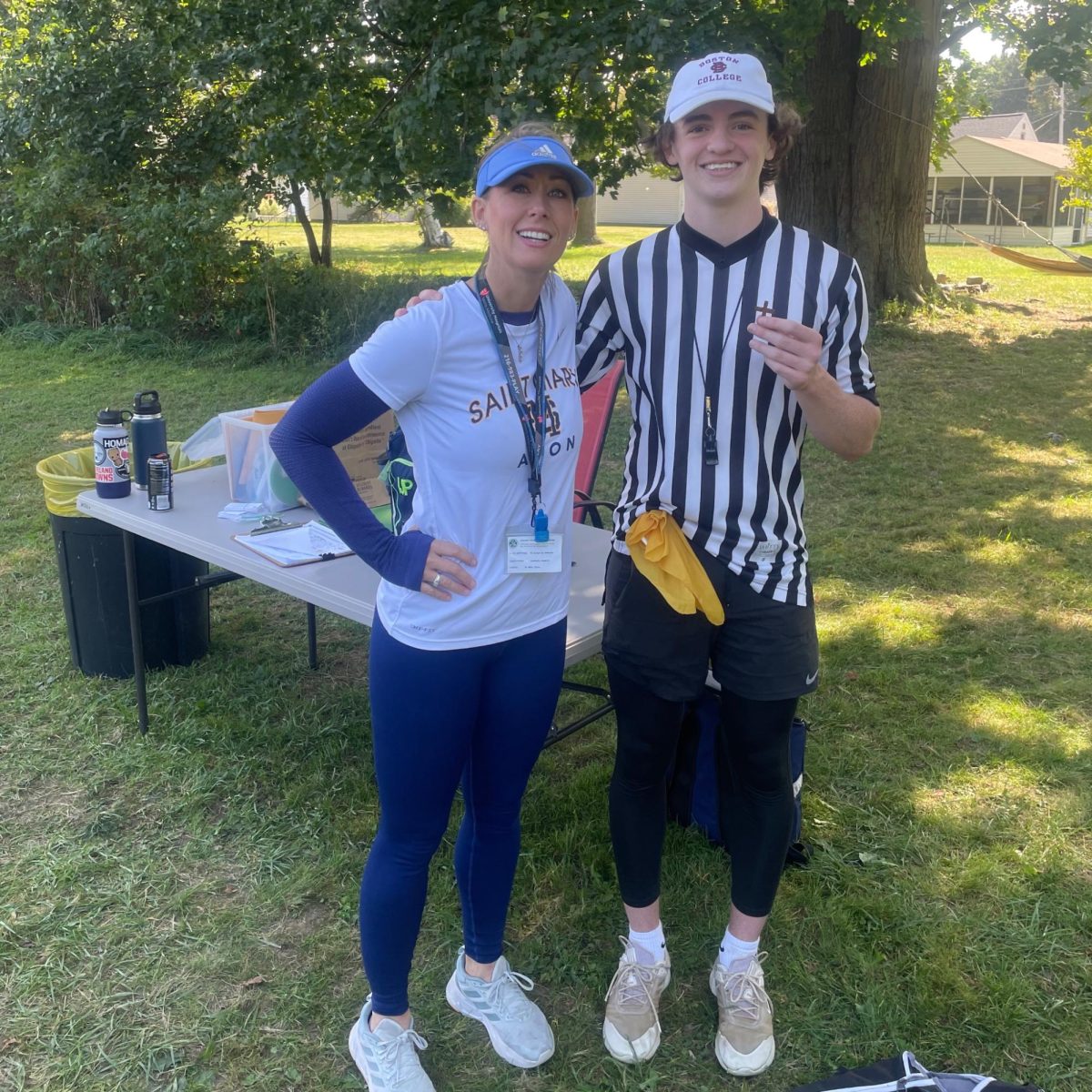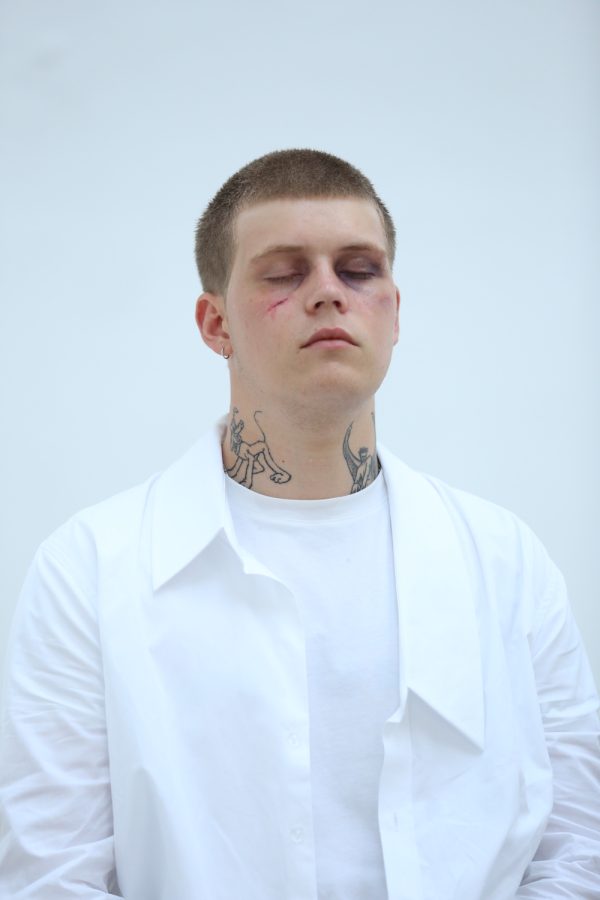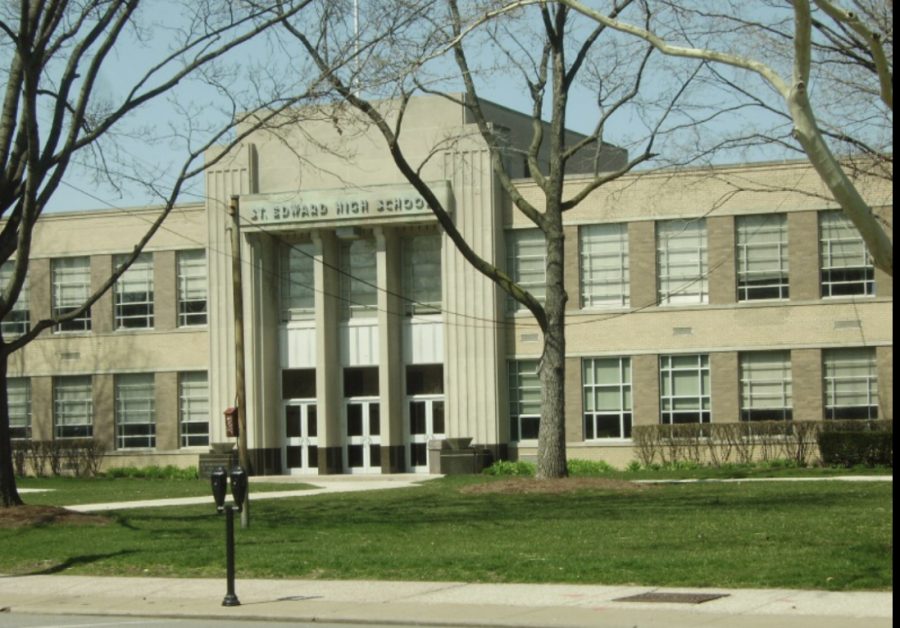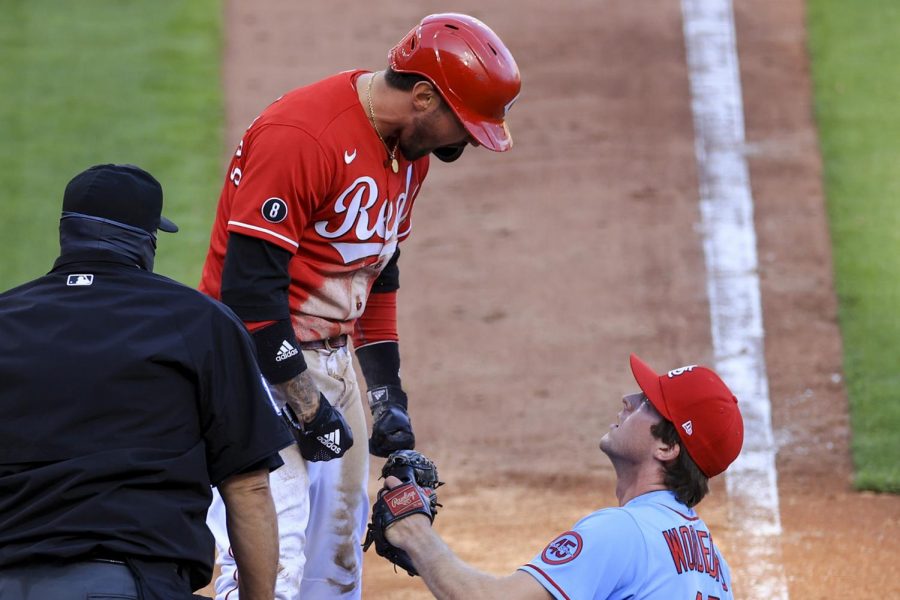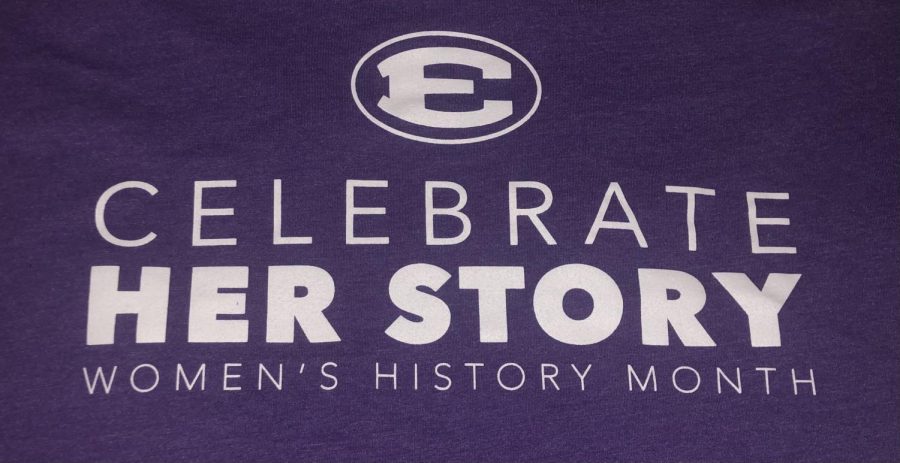I met Alex Sheen on a rainy afternoon earlier this Fall. An interview set up through nothing more than curiosity and mere luck. As I walked in the door, Alex was finishing up a Facebook post about voting. My first impression of Alex was nothing short of being amazed and motivated to focus on the importance of a promise. Mr. Sheen managed to grab ahold of my attention and keep a tight grip on it still up to the composing of this article. Everything that the interview stood for could be summed up in five simple words; Because I Said I Would. It’s the start of a social movement, here in Lakewood, and the world.
Anthony: “How did the social movement of Because I Said I Would begin?”
Alex: “The whole effort started on September 5th 2012, and that was the day after my father passed away. He was diagnosed with Stage Four Small Cell Lung Cancer, due to the closeness of the tumor to his heart, it was inoperable…through chemotherapy we had this blip of success, but it almost immediately came back.”
Alex points to one of his many pictures hanging on his walls, this one in particular of his father.
“The day after I made a post to Facebook, obviously people knew what I was going through so part of it was letting them know my father was gone and also some of it was just my own coping. So, I write this long post about the way people should treat their promises, how my father treated his promises, and this eventually led to me making the Promise Card. On Facebook I offered to send 10 cards to anybody, anywhere in the world……at no cost. It just blew up from there, from Facebook, to local news, to national news, and here we are now.”
Anthony: “So you could say that Because I Said I Would was built from your own coping from your father’s death?”
Alex: “Sadly, I knew it was going to happen. I feel like I was preparing myself in other ways, asking him questions….like you see people in movies do. Another thing was I just didn’t want his funeral to be this “go through the motion kind of thing.” You go to a funeral and you’re sad and you reflect on the person’s life, and maybe that echoes for a day or two. Maybe once and awhile you think about that person, but you really don’t change. We don’t really take the best of who we lost, we don’t take it as seriously as we could. We should take some of them away and say, ‘I have lost this person and this was the best part of them and I need to live some of that on.’ Not just in respect of that person, but an acknowledgement that it is a good thing. So, it’s either I live some of it [the good thing] or it’s gone forever. The world has lost this person, but the world won’t lose this quality. I didn’t want my dad to just go and not have the best part of him live on. It is are decisions and the impact that they make that will replace that person. That’s one of the starting points for the card.”
Anthony: “So you say it’s [Because I Said I Would] is a social movement, how would you say it’s affected people right now, and how it will continue to affect people in the future?”
Alex picks up the microphone and leads me around the office, pointing out the countless number of photos and Promise Cards hanging on the wall.
Alex: “So, I’m smattering you with examples. Some promises are things that I kinda expected. My father smoked cigarettes for a long time, but he quit three years before he was even diagnosed, sometimes things are too late. So when someone writes ‘I will never smoke another cigarette.’ You predict stuff like that, predicting for it. Take this man with cancer who may not live to see his 8th grade daughter’s high school graduation. He promises to write her 826 ‘napkin notes,’ little lunchbox notes. He wants that note to be there, even if he can’t be. The promises range, some impact people’s lives, a lot of the times it has something to say about society. So when we talk about this social movement, and what it really has grown into is a bunch of individuals making a difference. But what if you could get a million people to do the same promise? Then what kind of impact do you make upon our culture or society?”
We sit back down at the table.
Anthony: One of the biggest impacts Because I Said I Would is something in regard to a drunk driver? What’s the story behind that?”
Alex: “So Matthew Cordle, 22 years old, on June 22, 2013 at 3am in the morning. He gets in his truck and he is belligerently drunk, just wasted, doesn’t even remember it. He goes the wrong way down a highway, a big off-ramp. He goes deep into this off-ramp and he hits a car and he kills an innocent man named Vincent Canzani. At that very moment, that Vince died and the accident happened, I was walking across the state of Ohio for Amanda Berry, Gina DeJesus, and Michelle Knight. So this young man, Matthew Cordle saw me on the news or heard about Because I Said I Would through friends or something….he then decided he wanted to make his own promise. He saw people making all these commitments and he wanted to make his own. And so on August 9th 2013, still no charges pressed against him, he reaches out to me and says he wants to better humanity and do good for two people. Eventually he came to the decision that he wanted to record a confession video that would be a warning message to people. We released the video and in over three days it had upwards of a million views, it was all across the news; local and national.”
Anthony: “So this did a fair job of not only continuing your philosophy but the social movement in general.”
Alex: “Well you know, there is many types of viral. The Matthew Cordle video was in the hundreds of millions of views. You can go almost anywhere in this country and mention that story to a group of people and at least a few of them will know what you’re talking about. It definitely was a moment where a supporter’s promise story was recognized for it’s significance. It speaks to drinking and driving, it speaks to personal responsibility, and the courage to act.”
Anthony: “Through these videos and social media posts have you really seen much difference in the way people act since you began Because I Said I Would?”
Alex: “Well yes and no. It’s not like we are a nationally known non-profit organization such as the Boy’s and Girl’s Club Of America. We have spread, but just in different pockets all around; there is no concentrated focus. That’s something we really want to do here in Cleveland. Say, Lakewood and Cleveland, ‘We are people of our word.’ How interesting would that be if a city was known for that? Some cities are known for being obnoxious or rude…ya know, some are known for being laid back and chill; what if Cleveland was known for being people of honor? That would be awesome, we’re not there yet and that’s just because we don’t really have a main focus point yet.”
I left the interview stunned and amazed, there was so much to think about and act upon. During the interview Alex even made a statement about how Matthew Cordle’s message was recognized as a courage to act. A Courage To Act! I was pleasantly surprised that this interview fit in with this school year’s theme more than anything. It is really cool to have little non-profit organizations run by people like Alex Sheen in our little town of Lakewood.
Alex Sheen is the founder of Because I Said I Would. His work has been featured on ABC World News, CNN, NPR, and many other programs. He has spoke at three different TED conferences and has spoken to over 90 organizations throughout 2014.
Founder Alex Sheen
Matthew Cordle’s Promise Card
Reflection:
I remember leaving the interview; it was raining hard and my father was parked in a parking lot waiting for me to finish up. As I walked out the door I told Alex that I would get him a copy of the article as soon as possible, he responded with a smile:
“I’ll take that as a promise.”
Those words have bounced around in my head for quite some time. Always remembering the sanctity that Alex held promises to. Sadly, and regretfully, I never was able to get him a complete print copy of the story in the Edsman.
Since that rainy night two years ago because I said I would has matured as a social movement. They just recently celebrated their four year anniversary. They moved out of their little storefront in Lakewood and into an office building in Rocky River to accommodate their sheer size. They have also started Echo outreaches in Denver, Tampa, Columbus, and Cleveland–Cleveland Echo Chapter Meetings are held at Magnificat High School every month. Alex Sheen has also gone on to speak at countless schools and major conferences to spread the importance of a promise.
All the aspirations that Alex expressed for because I said I would were fulfilled. All the little ideas that he touched upon during the interview he was able to fulfill due to one simple aspect, his great motivation. And when meeting Alex Sheen for the first time, one is taken aback from his great zeal. He has the personality to spawn a social movement for the better, and that is what he is currently doing.
And as the program has changed in the past two years, I have as well. When my great-grandparents died, first experience with death for myself, I understood what Alex meant when he told me, “We don’t really take the best of who we lost, we don’t take it as seriously as we could.” And those words, even though they did not mean much to me as a Sophomore, are completely key in my lucid thought as a Senior. I now understand it all much more deeply than I once did, and that has made all the difference.
To think about how Alex is changing lives, that is something that is truly incomprehensible. Alex has never kept statistics, nor has he ever boasted a number of people he has helped. In fact, he does not use those he helped as “success stories” or other advertising tools. What Alex does is he applauds those that he has helped, and praises them with their own personal story. He does not take credit in their transformation for the better, noting that he is not the instrument through which they are changed, but the guiding light that tells them that they can change.
In closing, there is little I can say. What Alex has done is create an amazing program that is on its way to becoming the positive, peaceful catalyst that this country so desperately craves. As it is so appropriately placed in their mission statement, because I said I would states:
“The world is in need, so you are needed.”
And how powerful is that? We don’t need a group of you. We don’t even need a few of you. All we really need is you. What a powerful message to send to people looking to make a difference in this world.
It is not the big, bounding advancements in negotiations and debates that’ll propel us towards peace, but it’s the little promise to respect one another and treat everyone equally which carried us into social, mental, and physical tranquility with one another.
Hey Alex, it only took me two years, but a promise is a promise no matter what. Keep up the amazing work.
*This article was composed during the Fall of my Sophomore year. It was partially printed in the Fall edition of the Edsman that year, never to be fully printed online. This is the entire article*
